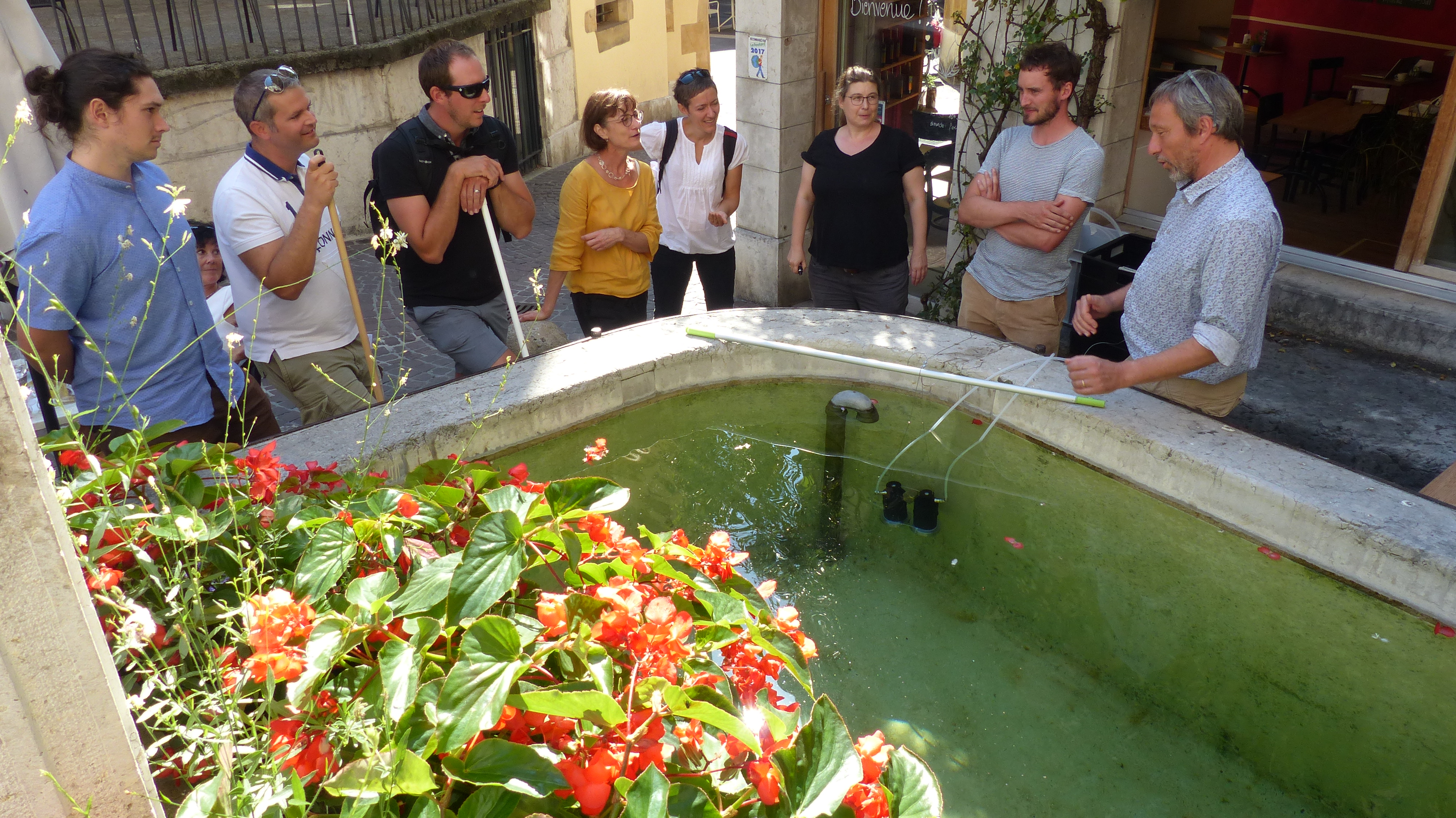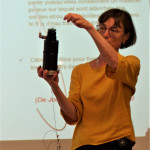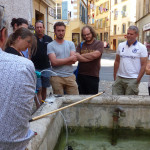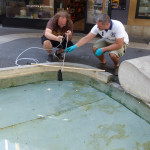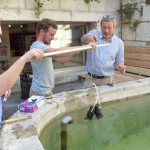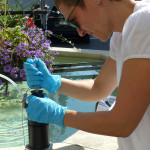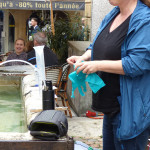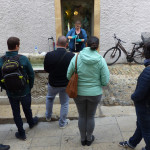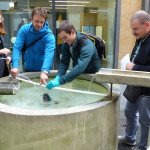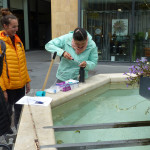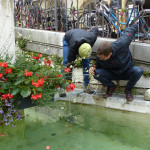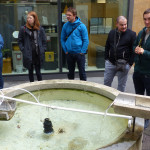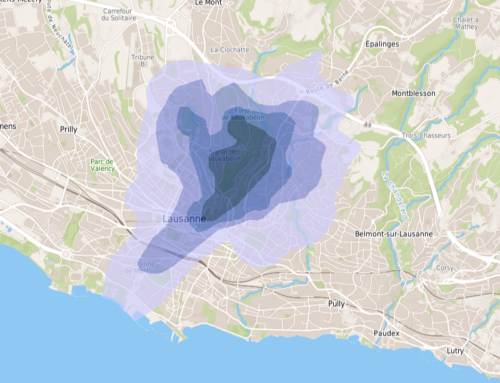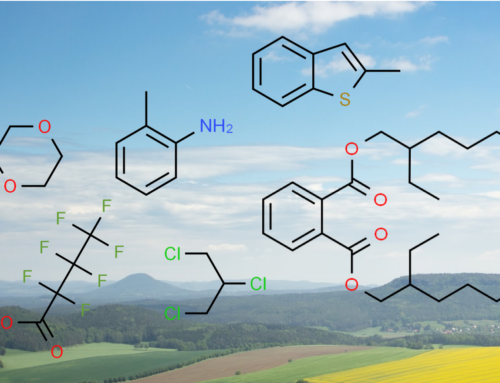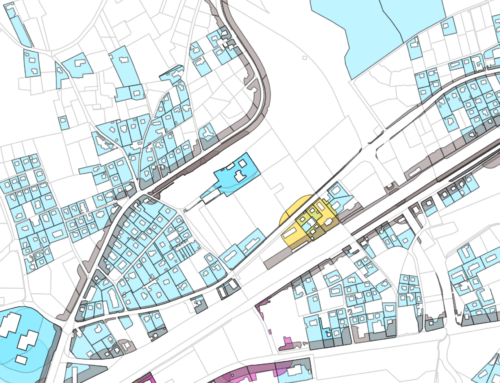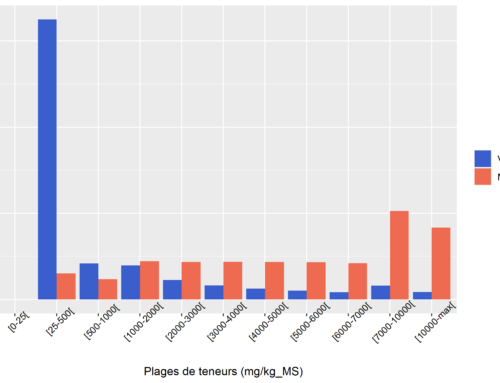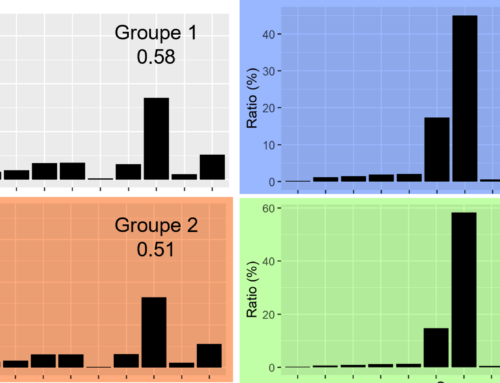eOde organized a practical training on the installation of passive samplers in karst springs on September 15 and 29, 2020 in Neuchâtel. The training was supported by the Federal Office for the Environment (FOEN) and could be integrated into the preparation of the SIPOL CAS as an “external course”. A practical manual for the installation of the samplers was provided to the participants. Flyer of the training to download HERE
Context
In 2018, the Federal Office for the Environment developed a specific approach for investigating and assessing polluted sites located in a karst catchment area and published an enforcement aid on the topic. The goal is to take into account the conditions under which pollutants are transported in a karst environment. The approach uses karst springs as monitoring points for groundwater quality. Integrative passive samplers can be used at the springs to measure average pollutant concentrations over a period of several weeks, thus integrating the fluctuations in concentrations and flows commonly observed in karst outflows.
Objectives
The training was intended for professionals in polluted sites who wanted to know how integrative passive samplers work, how to use SorbiCell samplers in karst springs and to interpret analytical results in the context of the Ordinance on Polluted Sites (OSites).
Features
The training included introduction lectures on the regulatory context and passive samplers, followed by a practical workshop for installing SorbiCell samplers in water in Neuchâtel.

